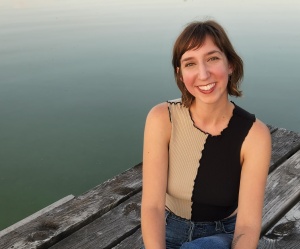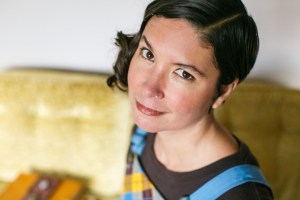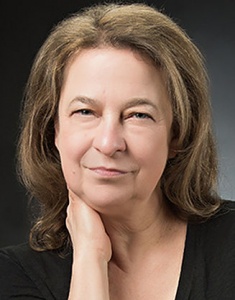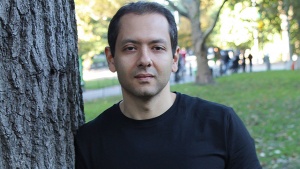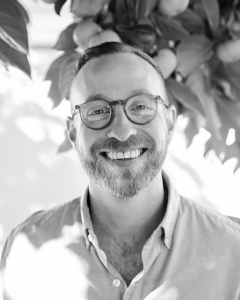The Attic Institute of Arts and Letters opposes the legitimation of bigotry, hate, and misinformation. As a studio for writers, we do not tolerate harassment or discrimination of any kind. We embrace and celebrate our shared pursuit of literature and languages as essential to crossing the boundaries of difference. To that end, we seek to maintain a creative environment in which every employee, faculty member, and student feels safe, respected, and comfortable — even while acknowledging that poems, stories, and essays delve into uncomfortable subjects. We accept the workshop as a place to question ourselves and to empathize with complex identities. We understand that to know the world is to write the world. Therefore, we reaffirm our commitment to literary pursuits and shared understanding by affirming diversity and open inquiry.


